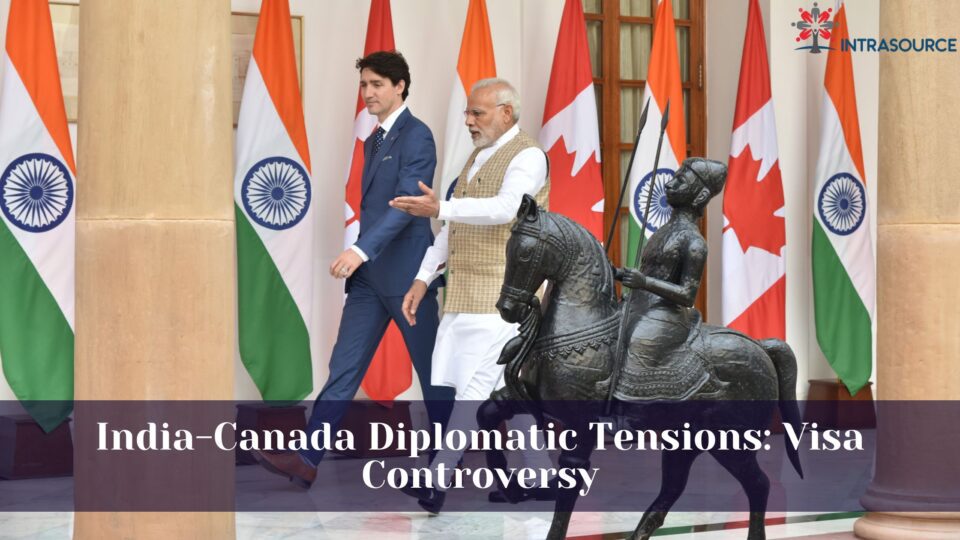The diplomatic relationship between India and Canada has reached a tense point, exacerbated by recent allegations and media reports. At the center of the controversy are accusations about visa denials and the involvement of Indian nationals in a high-profile murder case.
India’s Response to Canadian Media Claims
India’s Ministry of External Affairs has strongly rejected reports from Canadian media suggesting India denied visas to Canadian Khalistanis. Ministry spokesperson Randhir Jaiswal labeled these reports as disinformation, emphasizing India’s sovereign right to manage its visa policies. “This is yet another example of a disinformation campaign by the Canadian media to malign India,” Jaiswal stated. He reiterated India’s legal right to deny visas to individuals who threaten national integrity.
Calls for Action Against Anti-India Elements
India has urged Canada to take action against anti-India elements within its borders. Despite multiple dialogues, including discussions about the Hardeep Singh Nijjar case, India claims Canada has not responded effectively, often asking for more evidence.
Murder Charges and Diplomatic Strain
The situation intensified when Canadian authorities charged three Indian nationals with the murder of Khalistan separatist Hardeep Singh Nijjar. These individuals reportedly entered Canada on student visas. In response, Canada’s Immigration Minister Marc Miller rejected the idea that Canada was “lax” in its immigration policies, asserting that criminal record checks are mandatory for student visa applicants.
Diplomatic Allegations and Reactions
Following Canadian Prime Minister Justin Trudeau’s September allegations of potential Indian involvement in Nijjar’s death, India dismissed the claims as “absurd” and “motivated.” The presence of Sikh separatist groups in Canada has long been a point of contention for India, which had designated Nijjar a terrorist.
Broader Implications and Political Dynamics
India’s Foreign Minister S. Jaishankar remarked that the tensions are partly due to Canada’s internal vote bank politics, suggesting that pro-Khalistan elements are leveraging Canada’s democratic space to create a political lobby. As diplomatic ties continue to strain, both nations face challenges in addressing these complex issues.


